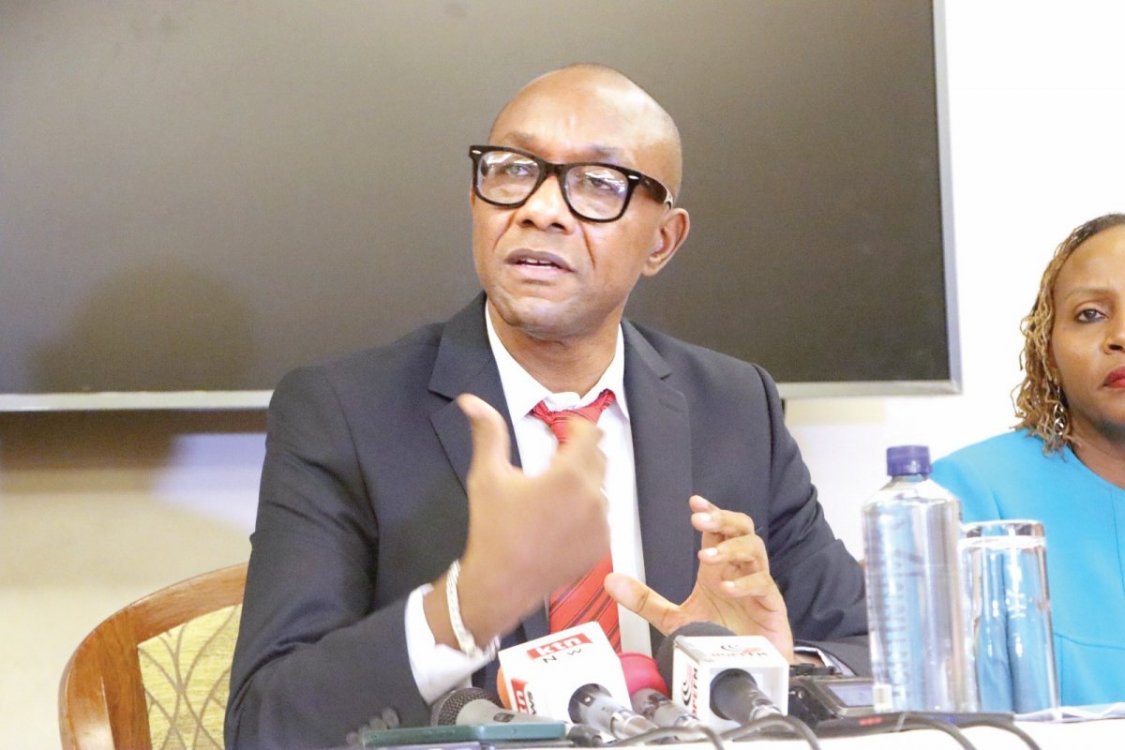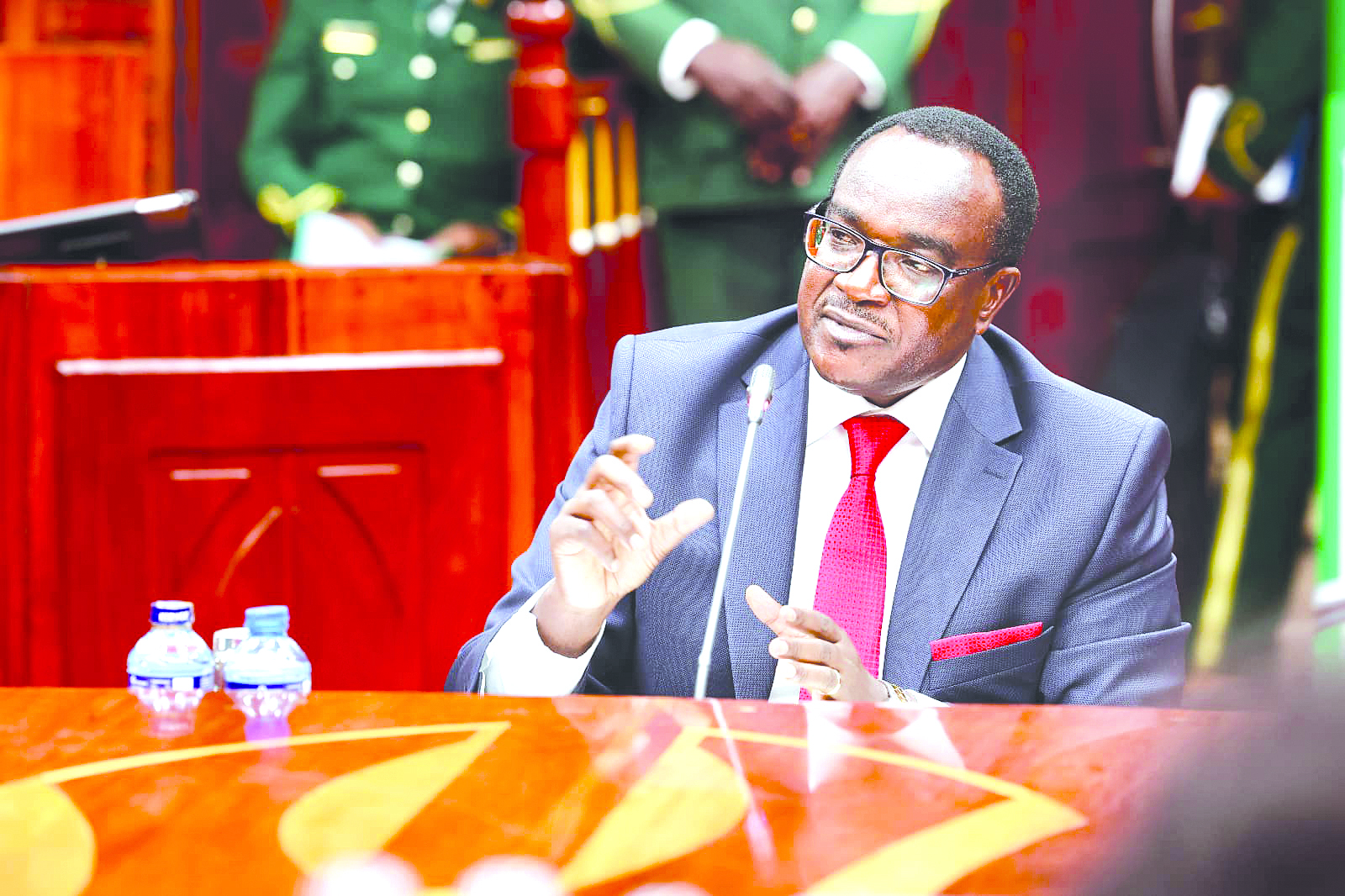Brewer’s transport business to foreign firm scrutinised

Kenyan transport stakeholders have raised concerns over a move by the East African Breweries (EABL) to lease her transport services to a foreign-based firm.
The local transporters have maintained that they have capacity to provide transport and that there should be a quota system where 60 percent of the contracts are awarded to the locals.
The Kenya Transporters Association (KTA) chairman Newton Wang’oo has said they own the trucks but the contracts are given to multinational companies who then sub-contract them.
“We believe that any multinational company (MNC) operating in Kenya should find this requirement reasonable. As part of their engagement, MNCs should also strive to build and empower local businesses within the transport and logistics sector,” they said.
Referring to the recent case where the EABL awarded DHL the contract to offer transport and warehousing services, KTA said it was ironical that has given international players, edging out locals, but they were the ones doing the job.
“We have the capacity to actually do the work and we are on the ground doing the work. We are not asking for them to be chased out but we should have a quota system where at least 60 percent is given to local,” the chairman said, adding that they don’t know how these contracts were awarded because these people do not own trucks.
Multinationals dominance
The stakeholders have raised concerns over what they call the dominance of multinationals in the local transport and logistics sector, with over 70 percent of contracts reserved for multinational companies.
The transporters have raised the issue of unfair competition practices claiming that a multinational company should not be allowed to monopolize a function which local companies can perform. They have urged the government to look at the issue with a view of encouraging the multinationals to embrace local capacity where it exists and ensure a fair share of the business in the logistic space is given to locals.
“This will spur job creation, retain money in circulation in the country and empower local entrepreneurs. Our drivers, loaders and truck owners working in transport in KBL have been given notice and their services will no longer be required as this business has been given to a multinational company,” they claimed.
Exclusive agreements
When they appeared before the National Assembly’s Committee on Trade, Industry and Cooperatives last week, the KTA said they were concerned about ‘anti-competitive’ behaviours by the multinational companies in the Kenyan transport and logistics sector including exclusive contracts where they secure exclusive agreements with key suppliers or distributors, shutting out smaller local companies from essential resources and markets.
They also raised issue with what they termed discriminatory practices where MCNs favour large customers with discounts and preferential treatment, while putting smaller competitors at a disadvantage.
“MNCs leverage their market power to create barriers that make it difficult for new companies to compete effectively,” they added.
Another issue they raised was predatory pricing where in some cases, MNCs resort to temporarily lowering prices to drive out competitors and then raising them once they have achieved a monopoly.
“A lack of transparency in pricing and contracting practices by MNCs makes it challenging for regulators and competitors to identify anti- competitive behavior,” they said.
Recently, Thirdway Alliance Kenya party leader Ekuru Aukot asked President Ruto whether the company was kicking out locals. Aukot, in a post in X, formerly Twitter, asked whether there was a deliberate move to undermine Kenyans within their own country.
“How are you creating jobs for Kenyans when foreigners are taking top jobs? Who are you working for? He asked the president.
The EABL is part of the UK-based Diageo PLC and has given the tender to DHL which is said to have the capacity to offer transport and warehousing.
Initially, the brewer had their own trucks and hired drivers but later left the distribution to contracted third parties.
DHL was appointed EABL’s warehousing firm in 2011 to oversee logistics at its Ruaraka base as well as on leased premises at the former Castle Brewery in Thika in a deal that was estimated to have been worth Sh2.28 billion.
It took over the job from Nairobi Securities Exchange-listed firm Express Kenya, which was dropped as one of the brewer’s warehouse providers.










